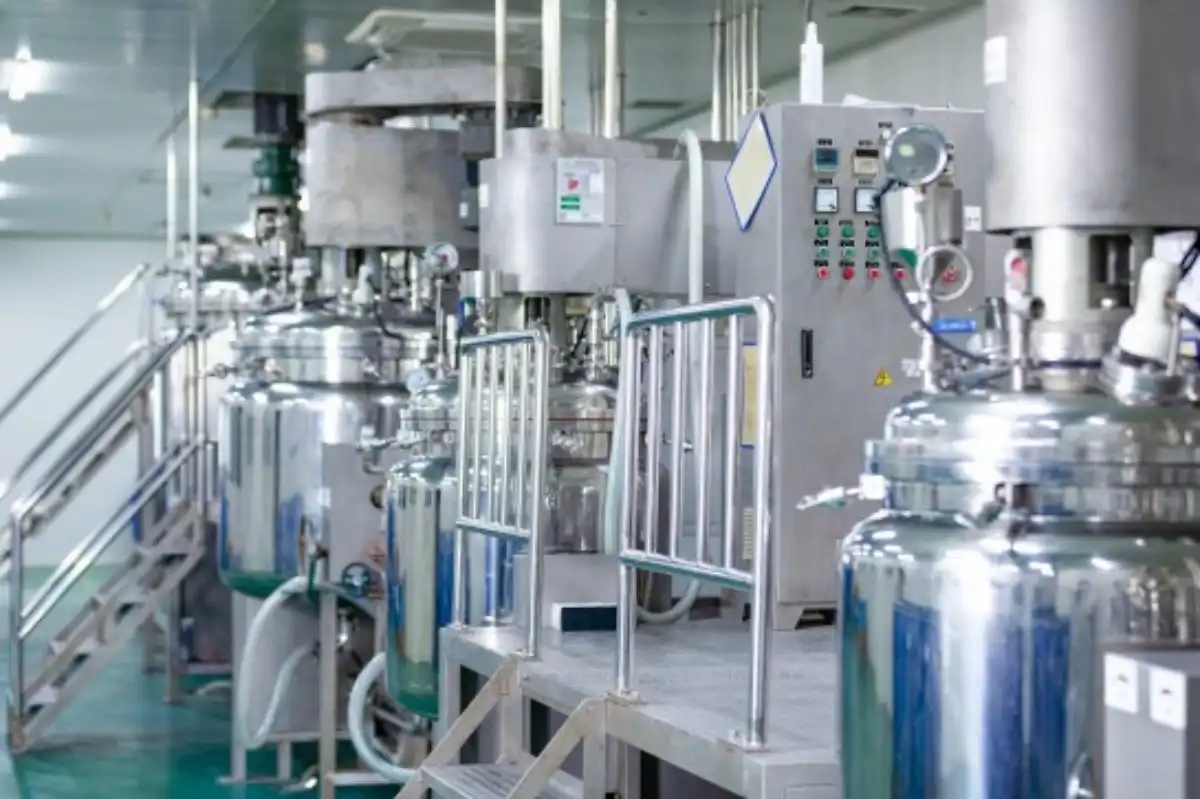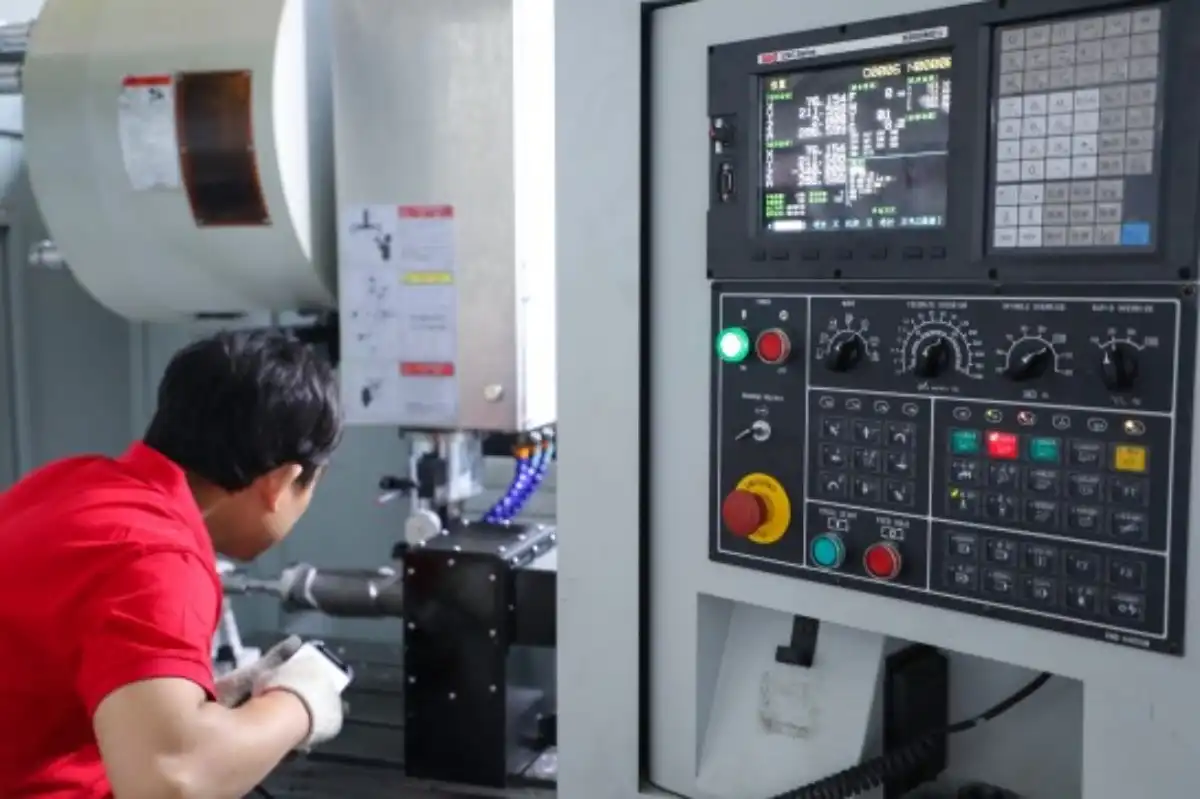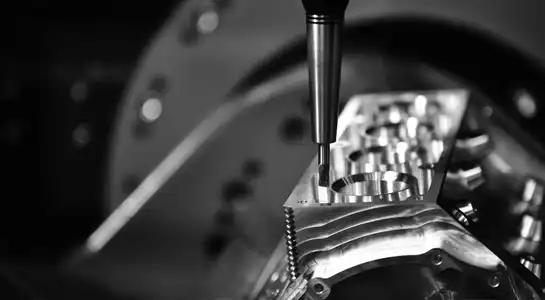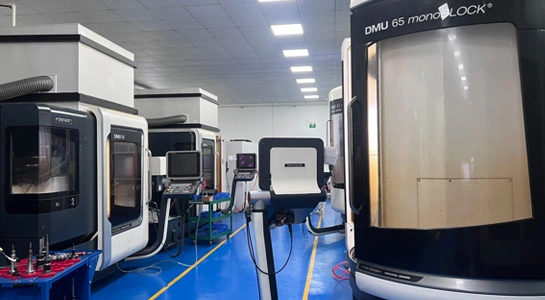Key Considerations for Automotive Prototype Part Sourcing
Material Selection and Compatibility
Choosing the right materials for automotive prototype parts is paramount. The selected materials must not only meet the functional requirements of the part but also be compatible with the intended production processes. Consider factors such as strength-to-weight ratio, durability, thermal properties, and chemical resistance. For instance, high-performance plastics like polyamide or engineering-grade resins might be suitable for certain interior components, while advanced alloys could be necessary for critical engine parts.
It's essential to work with a supplier who has extensive knowledge of materials used in the automotive industry. They should be able to recommend the most appropriate materials based on your specific requirements, taking into account factors such as:
- Environmental conditions the part will be exposed to
- Expected lifespan of the component
- Regulatory compliance and safety standards
- Cost-effectiveness and availability of materials
Additionally, consider the transition from prototype to production. The materials used in prototyping should ideally be similar or identical to those intended for mass production to ensure accurate testing and validation.
Manufacturing Processes and Capabilities
The choice of manufacturing process for your automotive prototype parts can significantly impact the quality, cost, and lead time of your project. Different manufacturing methods offer various advantages and limitations, so it's crucial to select a supplier with a diverse range of capabilities. Some common processes for automotive prototyping include:
- CNC machining
- 3D printing (additive manufacturing)
- Injection molding
- Sheet metal fabrication
- Die casting
Each of these processes has its own set of benefits and drawbacks. For example, CNC machining offers high precision and can work with a wide range of materials, but it may be less cost-effective for complex geometries. 3D printing, on the other hand, excels at producing complex shapes quickly but may have limitations in terms of material properties.
When evaluating suppliers, consider their expertise in multiple manufacturing techniques and their ability to recommend the most suitable process for your specific prototype needs. A supplier with a comprehensive range of in-house capabilities can often provide more efficient and cost-effective solutions by leveraging the strengths of different processes.
Quality Control and Testing Procedures
In the automotive industry, quality is non-negotiable. When sourcing prototype parts, it's essential to partner with a supplier who has robust quality control measures in place. Look for suppliers who adhere to industry standards such as ISO 9001 and IATF 16949, which are specific to the automotive sector.
Key aspects of quality control to consider include:
- Dimensional accuracy and tolerance checks
- Material testing and certification
- Functional testing capabilities
- Surface finish and aesthetic quality assessment
- Documentation and traceability
Additionally, inquire about the supplier's inspection equipment and methodologies. Advanced measurement tools like coordinate measuring machines (CMMs) and 3D scanners can ensure high precision in prototype parts. Some suppliers may also offer simulation and analysis services to predict part performance before physical prototyping, which can save time and resources in the development process.
Evaluating Suppliers for Automotive Prototype Parts
Expertise and Industry Experience
When sourcing automotive prototype parts, the expertise and industry experience of your supplier can make a significant difference in the success of your project. Look for suppliers who have a proven track record in the automotive sector and understand its unique challenges and requirements.
Key factors to consider include:
- Years of experience in automotive prototyping
- Portfolio of past projects and case studies
- Familiarity with automotive industry standards and regulations
- Technical expertise of the supplier's team
- Ability to provide design for manufacturability (DFM) feedback
An experienced supplier can offer valuable insights that go beyond just manufacturing. They can provide guidance on material selection, suggest design improvements for better performance or cost-effectiveness, and anticipate potential issues before they arise. This expertise can be invaluable in reducing development time and avoiding costly mistakes.
Technology and Equipment
The technology and equipment used by your prototype supplier can significantly impact the quality, speed, and cost of your automotive prototype parts. When evaluating suppliers, consider the following aspects:
- State-of-the-art manufacturing equipment
- CAD/CAM software capabilities
- Rapid prototyping technologies
- Advanced metrology and quality control tools
- Capacity for both small and large production runs
A supplier with modern, well-maintained equipment is more likely to produce high-quality parts consistently and efficiently. Additionally, look for suppliers who invest in emerging technologies that can offer advantages in terms of speed, precision, or cost-effectiveness.
For instance, a supplier with advanced 3D printing capabilities might be able to produce complex prototype parts more quickly and at a lower cost than traditional methods. Similarly, a supplier with sophisticated simulation software could help you optimize your design before physical prototyping, saving time and resources.
Communication and Project Management
Effective communication and project management are crucial when sourcing automotive prototype parts. The ability to collaborate closely with your supplier can significantly impact the success of your project. Consider the following factors:
- Responsiveness to inquiries and requests
- Clear and transparent communication channels
- Project management tools and processes
- Ability to provide regular updates and progress reports
- Flexibility to accommodate changes and revisions
A supplier with strong communication skills and robust project management processes can help keep your project on track, address issues promptly, and ensure that your prototype parts meet your expectations. Look for suppliers who assign dedicated project managers or points of contact to facilitate smooth communication throughout the prototyping process.
Additionally, consider the supplier's ability to integrate with your existing workflows and tools. Some suppliers may offer online platforms for file sharing, project tracking, and collaboration, which can streamline the prototyping process and improve overall efficiency.

Cost Considerations and Time-to-Market
Balancing Cost and Quality
When sourcing automotive prototype parts, striking the right balance between cost and quality is crucial. While it may be tempting to opt for the lowest-cost option, this approach can often lead to issues down the line, potentially resulting in more expensive rework or delays.
Consider the following factors when evaluating costs:
- Total cost of ownership, including potential rework or modifications
- Value-added services such as design optimization or material recommendations
- Scalability from prototype to production
- Cost-saving opportunities through process optimization
- Long-term partnership potential and volume pricing
A supplier who offers competitive pricing while maintaining high quality standards can be a valuable partner in your product development process. Look for suppliers who are transparent about their pricing structure and can provide detailed quotes that break down costs for materials, labor, and any additional services.
Lead Times and Production Capacity
In the fast-paced automotive industry, time-to-market can be a critical factor in a product's success. When sourcing automotive prototype parts, consider the supplier's ability to meet your timeline requirements without compromising on quality. Key factors to evaluate include:
- Typical lead times for different manufacturing processes
- Capacity to handle rush orders or expedited production
- Ability to scale production from prototype to low-volume runs
- Flexibility to accommodate design changes or iterations
- Inventory management and just-in-time delivery options
A supplier with efficient production processes and adequate capacity can help you meet tight deadlines and respond quickly to market demands. However, be wary of unrealistic promises of extremely short lead times, as these may come at the expense of quality or reliability.
Intellectual Property Protection
When sourcing automotive prototype parts, protecting your intellectual property (IP) is paramount. The automotive industry is highly competitive, and safeguarding your innovations is crucial for maintaining a market advantage. Consider these aspects when evaluating suppliers:
- Confidentiality agreements and non-disclosure policies
- Data security measures and protocols
- Handling and storage of sensitive design files
- Policies on ownership of design modifications or improvements
- Track record of respecting client IP rights
Choose a supplier who takes IP protection seriously and has clear policies and procedures in place to safeguard your confidential information. A reputable supplier should be willing to sign comprehensive non-disclosure agreements and demonstrate their commitment to maintaining the confidentiality of your designs and specifications.
Additionally, consider the supplier's own IP policies. Some suppliers may offer value-added services such as design optimization or material recommendations. Ensure that there's a clear understanding of who owns any improvements or innovations resulting from these collaborations.
Conclusion
Sourcing automotive prototype parts requires careful consideration of multiple factors, including material selection, manufacturing processes, quality control, supplier expertise, and cost-effectiveness. By thoroughly evaluating these aspects and choosing a reliable partner, you can streamline your product development process and bring high-quality automotive innovations to market more efficiently. Remember to prioritize quality, communication, and intellectual property protection while balancing cost and time-to-market considerations. With the right approach and a trusted supplier, you can navigate the complexities of automotive prototyping and set your project up for success.
FAQs
1. How long does it typically take to produce automotive prototype parts?
The lead time for automotive prototype parts can vary widely depending on the complexity of the part, the manufacturing process used, and the supplier's capacity. Simple parts might be produced in a few days, while more complex components could take several weeks.
2. What are the most common materials used for automotive prototype parts?
Common materials include various plastics (such as ABS, nylon, and polycarbonate), metals (like aluminum and steel), and composites. The choice depends on the specific requirements of the part and its intended use.
3. How can I ensure the quality of prototype parts from a new supplier?
Request sample parts, ask for detailed quality control procedures, and inquire about their certifications (such as ISO 9001 or IATF 16949). Also, consider visiting their facility if possible to assess their capabilities firsthand.
Expert Automotive Prototype Parts Sourcing | BOEN
At BOEN Prototype, we specialize in delivering high-quality automotive prototype parts with precision and efficiency. Our state-of-the-art manufacturing facilities and experienced team ensure that your prototypes meet the rigorous standards of the automotive industry. As a leading supplier, factory, and manufacturer, we offer comprehensive solutions from design to production. Contact us at contact@boenrapid.com to learn how we can accelerate your automotive innovation journey.
References
Johnson, M. (2022). Advanced Materials in Automotive Prototyping. Automotive Engineering Digest, 45(3), 78-92.
Smith, A., & Brown, B. (2021). Quality Control Methodologies for Automotive Prototype Parts. Journal of Automotive Manufacturing, 33(2), 215-230.
Lee, C. (2023). Time-to-Market Strategies in Automotive Product Development. International Journal of Automotive Innovation, 12(1), 45-60.
Garcia, R., & Martinez, L. (2022). Intellectual Property Protection in Automotive Prototyping. Automotive Law Review, 18(4), 320-335.
Wilson, D. (2023). Cost-Effective Approaches to Automotive Prototype Sourcing. Automotive Business Review, 29(2), 112-125.
Thompson, E. (2021). Emerging Technologies in Automotive Prototype Manufacturing. Journal of Automotive Engineering, 40(3), 280-295.






